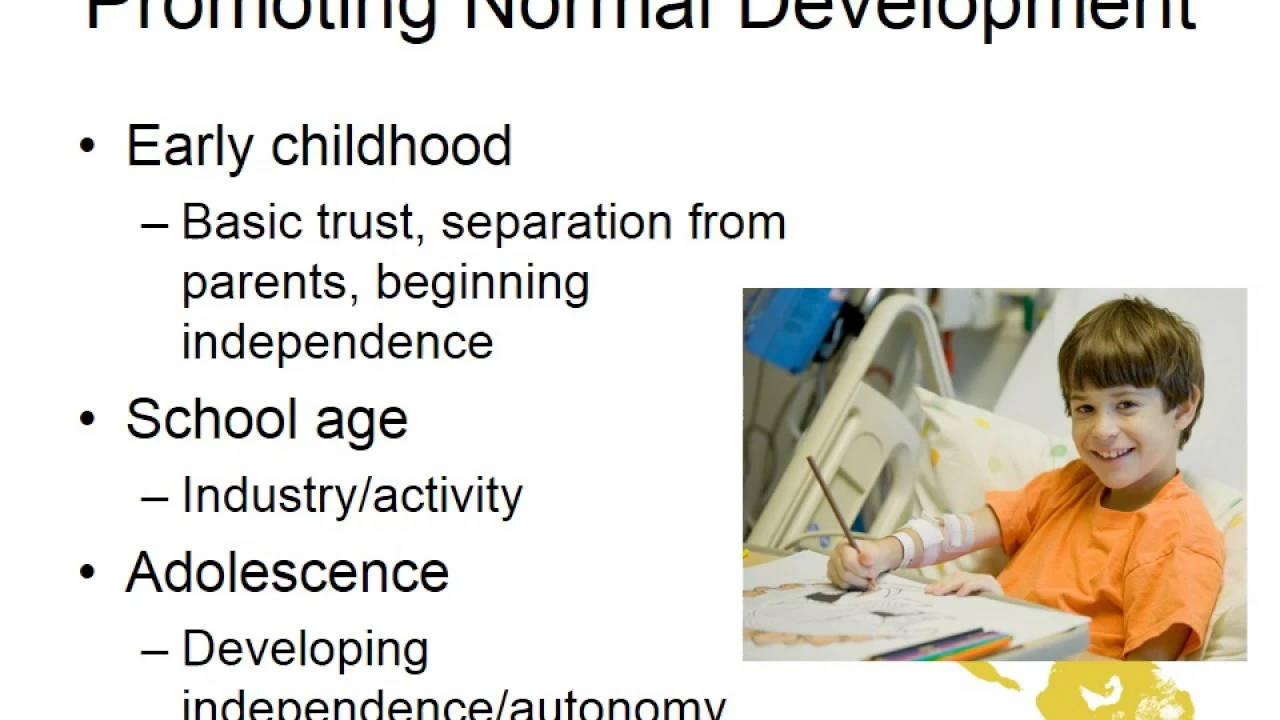Herpes: Practical Facts, Treatment, and How to Reduce Outbreaks
Most adults carry one type of herpes virus. The World Health Organization estimates about two-thirds of people under 50 have HSV‑1, the kind that commonly causes cold sores. That sounds worrying, but knowing how herpes works makes it manageable. Here’s straight, useful advice you can use today.
Herpes comes in two main types: HSV‑1 (oral: cold sores) and HSV‑2 (genital). Both can cause sores, pain, and occasional flu-like symptoms during first outbreaks. After the first episode the virus hides in nerves and can reactivate later. Some people have frequent flares; others rarely notice symptoms.
Treatments that work
Antiviral pills shorten outbreaks and lower how often they happen. Common ones are acyclovir, famciclovir, and valacyclovir (Valtrex). Valacyclovir is convenient because it can be taken less often and is covered in our detailed guide “Valacyclovir: Comprehensive Guide on Valtrex Uses and Purchases” on this site. For first-time or severe outbreaks doctors usually prescribe a short course. If flares are frequent, daily suppressive therapy can cut outbreaks and reduce transmission risk.
Topical creams and OTC pain relievers help with comfort but don’t stop the virus. Cold compresses, keeping lesions clean and dry, and avoiding tight clothing during genital outbreaks speed healing and reduce irritation. If you have severe pain, fever, or spreading redness, see a clinician—sometimes herpes needs stronger or longer treatment.
Practical steps to reduce outbreaks and spread
Know when you’re most infectious. Viral shedding is highest during visible sores but can happen without symptoms. During an outbreak: avoid kissing, oral sex, or genital contact until lesions fully heal. Use condoms and dental dams—these lower but don’t eliminate risk because herpes can affect areas outside barrier coverage.
Triggers vary but common ones include stress, illness, sun exposure (for oral herpes), hormonal changes, and friction. Track your triggers in a simple journal and treat small warning signs early with antiviral therapy or supportive care to stop full outbreaks.
Pregnancy needs special care. If you’re pregnant and have a history of genital herpes, tell your provider. Antiviral suppression near delivery lowers the chance of active lesions at birth and reduces neonatal risk. If active lesions are present at labor, doctors usually recommend a cesarean to protect the baby.
Testing is available but has limits. Blood tests can show prior exposure; swabs of a sore can confirm an active infection. If you test positive, that’s useful info for partners and care planning. If negative but exposed recently, repeat testing may be needed—antibodies take time to show up.
Herpes is common and manageable. Use antivirals when needed, learn your triggers, practice safer sex, and talk openly with partners and clinicians. For medication details, dosing, and buying tips, check our Valacyclovir guide on samrx.com for a practical look at treatment options and safety tips.
Herpes and Disability: Navigating the Challenges of Chronic Illness
Navigating the challenges of living with a chronic illness like herpes and its impact on disability can be daunting. In my recent blog post, I explored the physical, emotional, and social challenges faced by those living with this condition. I also delved into the importance of self-care, seeking professional help, and building a strong support network to cope with these challenges. Additionally, I discussed the potential legal and financial aspects of having a disability due to herpes. As a blogger, my aim is to provide you with useful insights and resources to help you better manage life with herpes and any related disabilities.
Read moreUnderstanding the Basics of Herpes: Causes, Symptoms, and Treatment
As a blogger, I've recently delved into understanding the basics of herpes, a common yet often misunderstood condition. Herpes is caused by two types of viruses: HSV-1, which typically causes oral herpes, and HSV-2, responsible for genital herpes. Symptoms can range from mild to severe, including cold sores, blisters, and flu-like symptoms. Unfortunately, there is no cure for herpes, but antiviral medications can help manage outbreaks and reduce transmission risks. It's essential to educate ourselves about herpes to reduce stigma and support those affected by the condition.
Read more

